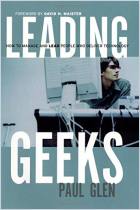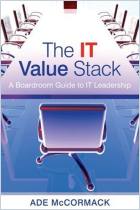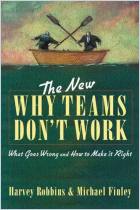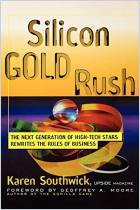Зарегистрируйтесь на getAbstract, чтобы получить доступ к этому краткому изложению.

Зарегистрируйтесь на getAbstract, чтобы получить доступ к этому краткому изложению.
Bill Pfleging and Minda Zetlin
The Geek Gap
Why Business and Technology Professionals Don't Understand Each Other and Why They Need Each Other to Survive
Prometheus Books, 2006
Что внутри?
To save scads of IT money, get your technology professionals (“geeks”) and business managers (“suits”) to work together
Recommendation
“Suits” versus “geeks” may sound like the plot of a lame science-fiction movie, but the conflict between suits (managers) and geeks (IT workers) is fact, not fiction. This war leads to the waste of huge sums of money on failed IT projects. Sometimes, the losses are even more devastating, such as the injury or death of people who rely on technology that fails to function correctly. The clash between suits and geeks is deeply rooted in history. Many assume that, like the weather, this conflict is a way of life and nothing can be done about it. But IT consultant Bill Pfleging (geek) and business writer Minda Zetlin (suit) disagree. They propose sensible solutions companies can use to reduce the antagonism between executives and technicians, and to help them work well together. getAbstract recommends this book to managers and technicians who must rely on each other without making sparks fly. Now you can communicate across the chasm.
Summary
About the Authors
Husband-and-wife team Bill Pfleging and Minda Zetlin are a geek-and-suit combo. Pfleging is a Web and computer consultant who has been in the data automation field since the early 1970s. Zetlin is a business writer and the author of Telecommuting for Dummies.






















Comment on this summary